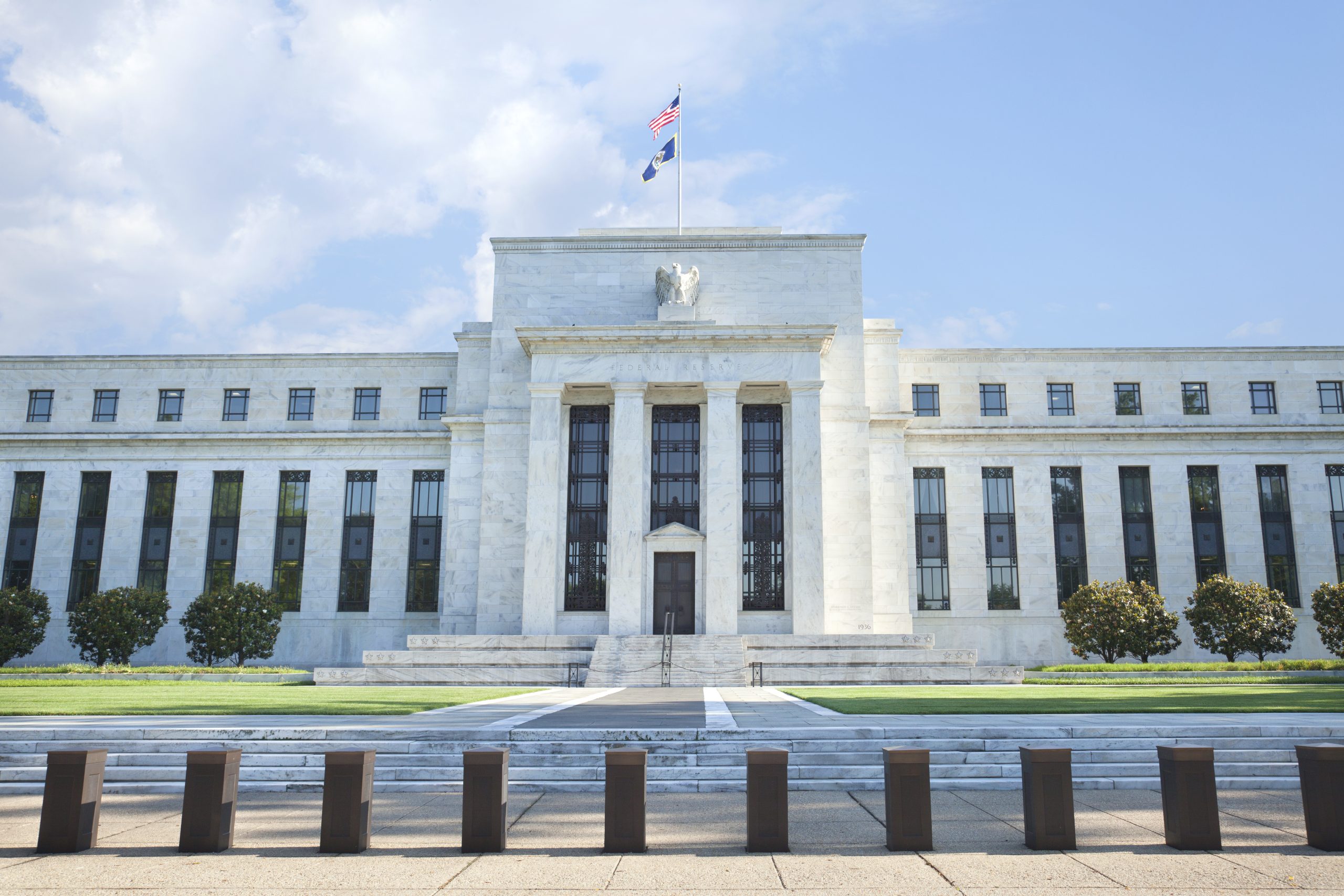Impact of Federal Reserve Policies on Trust Deed Investments

Every Federal Reserve move has a ripple effect from stocks and bonds down to real estate-backed loans, such as trust deed investments. For investors in trust deeds, understanding how Federal Reserve policies would affect this niche indeed grants them more capability in treading risks and optimizing return. Now, let’s talk about how the monetary policy modifications at the Federal Reserve-interest rates, as well as inflation control-affect the landscape in trust deed investing.
The Role of the Federal Reserve
The Federal Reserve, commonly referred to as the Fed, establishes monetary policies for the goal of economic stability within the United States. These include establishing the benchmark rates of interest, inflation control, and full employment. In so far as it touches trust deed investors, its policies can affect loan demand and borrowing costs, thereby impacting the entire real estate market.
With higher interest rates, it becomes more expensive to borrow money, which may lower the demand for real estate loans. In this regard, lower interest rates facilitate borrowing and, in turn, increase activity in the real estate market. Regarding investing with trust deeds, it is important to understand such dynamics.
Rising Interest Rates and Their Impact on Trust Deeds
When rates rise, the Federal Open Market Committee impacts everything from short-term loans all the way to real estate, which trust deeds represent. For investors, there are challenges and opportunities in a rising rate environment:
Higher yields: As rates go up, often so does the yield provided by a trust deed to reflect the increased cost of borrowing. This is a harbinger that new trust deed investments may yield better streams of income.
Risk Awareness: The higher rates could mean borrowers are stressed to service the obligation. Prudence will be key as one has to do due diligence on the borrower’s financial position and also the property’s value.
Real Estate Market Slowdowns: When rates rise, property sales get slower. This may decrease demand for the loans. In turn, this could mean being highly discriminative when it comes to funding opportunities for trust deed investors.
Falling Interest Rates and Trust Deed Opportunities
When the Federal Reserve lowers rates, many times the trust deed investment market becomes more vibrant. Here’s why:
- Increased Loan Demand: Borrowers are eager to secure lower-cost loans, leading to increased activity in lending. Trust deed investors enjoy a larger playing field.
- Lower Default Risks: It’s much easier for borrowers to make their loan payments with reduced borrowing costs; thus, the risk of default decreases for the trust deed investors.
- Property Appreciation: As interest rates decrease, demand for real estate increases, as does appreciation in values. Investors of trust deeds have additional security in that the loan is collateralized by an asset which appreciates in value.
Inflation and Trust Deeds
The Federal Reserve manages inflation, which greatly affects trust deed investments. Here is how inflation impacts the asset class:
1. Return Enhancement and Wealth Preservation: Real estate-backed loans, which include the trust deeds, are bound to some form of physical assets-real estate-which generally appreciates during periods of high inflation. Consequently, this offers a hedge against the diminution in purchasing power of cash.
2. Stable Cash Flow: Trust deeds usually guarantee fixed returns, thus remaining very reliable during high-inflation periods.
3. Borrower Strain Risk: Inflation increases the living cost that may affect borrowers’ abilities to repay. It involves due diligence with regard to borrowers and properties in order to overcome this risk.
How LBC Capital Income Fund, LLC Handles Risks in a Changing Market
At LBC Capital Income Fund, LLC Income Fund, we specialize in trust deed investments and understand the ripple effects of Federal Reserve policies. Here’s how we protect our investors:
Rigorous Due Diligence: Every loan we finance undergoes rigid scrutiny to ensure it meets our high set standards of financial stability for the borrower and the market value of the property.
Diversified Portfolio: This spreads risk exposure, maintaining steady performance even when markets fluctuate, by spreading investments across various property types and locations.
Short-Term Focus: Most trust deeds we provide are short-term loans, allowing us to adjust more swiftly in response to changes in interest rates or market conditions.
Competitive returns: We offer 8-10% annual returns, with loans secured. Even with fluctuating economies, our model offers a stable return for our investors.
Real-World Example: Federal Reserve Policies at Play
Consider recent rate cuts made by the Federal Reserve in 2024. They targeted economic uncertainty by offering new stimulus. Here’s what occurred:
Borrowers benefited from the lower rates by booking more loans. Trust deed investors enjoyed a broader selection of lending opportunities. LBC Capital Income Fund, LLC leveraged the environment to fund well-vetted, short-term loans, delivering stable returns to our investors.
What Should Investors Do?
For accredited investors considering trust deeds, staying informed about Federal Reserve policies is crucial. Here are a few tips:
Monitor Interest Rate Trends: Know when the Fed plans to raise or lower rates, as this directly impacts loan demand and yields.
Identify Fund Management Experience: Choose investment funds like LBC Capital Income Fund, LLC, which can strictly ride through shifting markets to recover better.
Stick to Short-Term Investments: The flexibility of short-term trust deeds will give you the ability to move with changing market conditions.
Be Diversified: Trust deeds are just a couple of the classes of assets that will balance out your risk and reward.
Why Trust Deeds Are Resilient
Trust deeds have some kind of advantages that can help them stay resilient against the change of market:
- Secured by Real Estate: The loans are collateralized with real estate, minimizing the risk of loss.
- Fixed Returns: Trust deeds ensure predictable cash flow even in economic uncertainty.
- Flexibility: Due to the relatively short length, trust deeds enable investors to readjust their investment strategies accordingly.
Federal Reserve Policy and Your Investment Strategy
Federal Reserve policies strongly influence the shape of the trust deed investment market. Whether interest rates are going up or coming down, trust deeds remain a very attractive option for accredited investors who look to achieve stable, predictable returns.
LBC Capital Income Fund, LLC continues to monitor the economic trends and adjusts its strategy to best protect and grow our investor’s wealth. We have a proven track record with an exclusive focus on real estate-backed loans, providing a safety-first approach to help you navigate the uncertainty of the markets. Ready to get started? Contact us to discuss how trust deeds can fit into your investment strategy.
Latest posts
Blog page
Beyond Bridge Loans: How Private Credit Fuels Transitional Real Estate Plays
Most real estate projects don’t fail because they’re bad ideas.They fail because timing gets in the way. A renovation takes longer. A buyer steps back. A permit stalls. A refinancing window closes just before documents are ready. The property still has value. The plan still works. It just needs more time. Banks don’t like time […]

Behavioral Finance in Private Markets: How Investor Bias Impacts Allocation Decisions
Accredited investors usually don’t need a reminder that private credit is different from public markets. You can’t refresh a screen to see a price. You don’t get minute-by-minute “proof” that you’re right. You live with less liquidity, fewer datapoints, and more narrative. And that’s exactly why investor psychology private credit becomes such a big deal […]